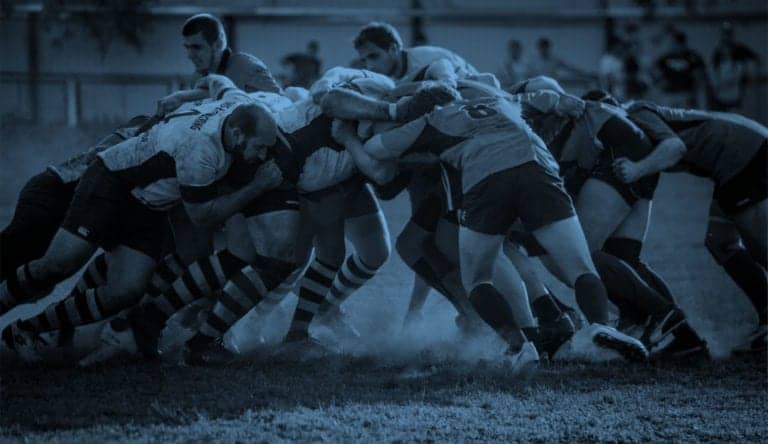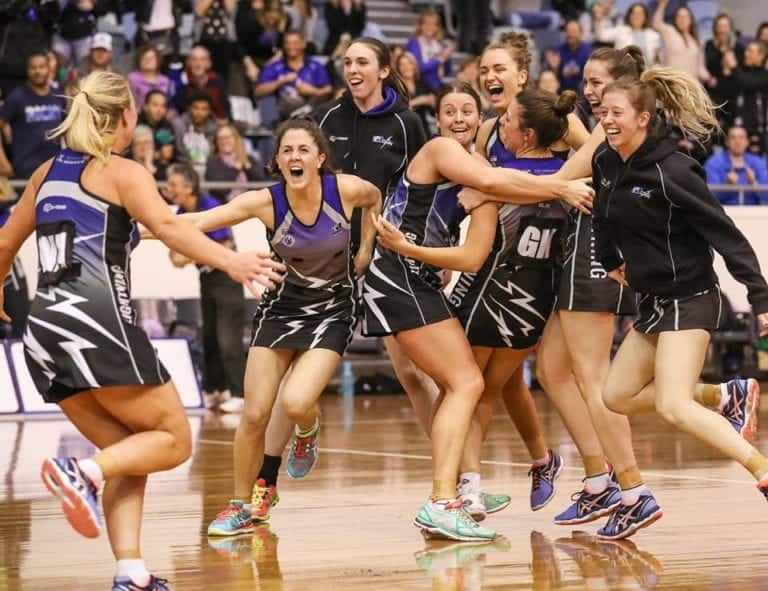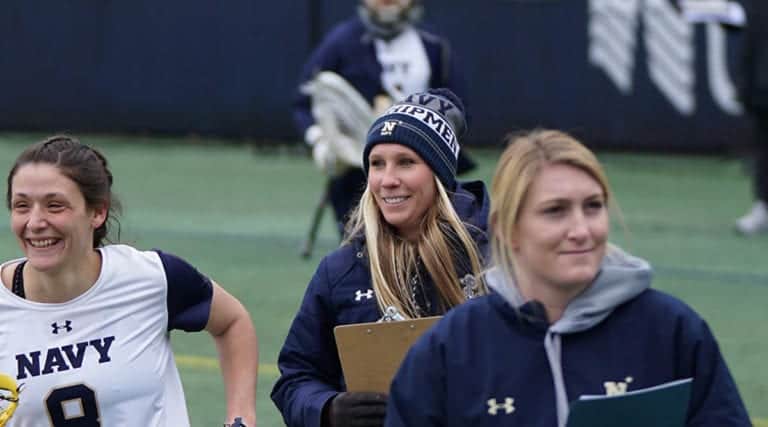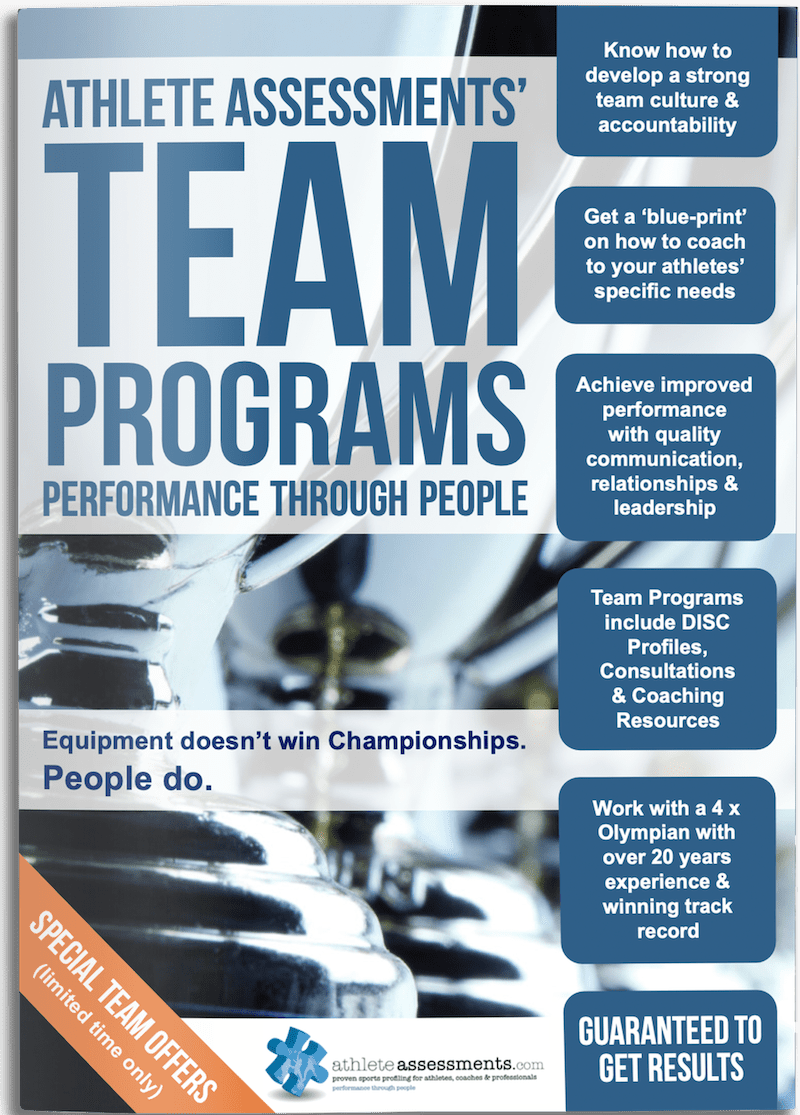Developing your Athletes into the Leaders of Tomorrow
In 2011, the Mission Queensland Firebirds won the ANZ Championship, going undefeated and breaking numerous records during the season. In 2013, Senior Coach Roselee Jencke, and Performance Coach Tracey Robinson are making history again with three of their players (from a squad of 12) being named as Captains of their National teams: Laura Geitz as Captain of the Australian Diamonds; Romelda Aiken as Co-Captain of Jamaica and Demelza McCloud as Australia’s Fast Five Co-Captain. The Firebirds Coaches have a well proven ability to develop leaders. Coach Jencke shares her insights here.
Leaders are developed, not born, and there is no one formula
This I know is true. You couldn’t get more diverse leadership styles than with Laura, Romelda and Demelza. We focus on their individual leadership development, by playing to their strengths, drawing on their own experience, and valuing their input in decision making. We take our leadership development seriously and persistently.
“My goal is to passionately build pride in what we do, and have the team buy into our purpose as a team and as individuals. My focus is to develop our players as whole people. When they eventually leave our program, they should be better people who can genuinely contribute to the world in a meaningful way. Our players know we care about them, beyond their sport.”
– Roselee Jencke
Clear Communication is Key
This is a skill we are constantly working on, with ourselves, our leaders and the team. Particularly with our leaders, we work with them on their communication style, how they communicate with the other players and what the other players need from them. From listening skills to how to influence to media presentation, we continue to improve.
“Leadership is a skill and therefore something we as coaches are able to teach.”
– Roselee Jencke
Consistent Message
We ensure that our messages and expectations are consistent and dedicate time with our leaders, on a very regular basis, to ensure we’re all on the same page, aligned and have a united focus that cascades throughout the team.
You’re only a Leader, if others Follow
Our leadership development has a strong focus on how to be someone the players respect, look up to, and most importantly, follow. This relies on them providing strength, resiliency and role modeling the values of the team, always.
This article was featured in People+Sport Magazine: Education and Professional Development Edition which is available to read online here.
At Athlete Assessments, we’re here to provide you with excellence in service and here to help you be your best. If there is anything we can assist you with, please Contact Us.
Recommended Articles
The skill of decision making is closely linked to problem solving. For some athletes, making the right decisions at the right time is a well-developed skill, whilst other athletes find this process more challenging. Like any critical skill, the key to developing an individual’s decision making is to practice. So, where should an athlete practice their decision making? The answer is in training.
It takes a different skillset and a different mindset. Many incredible athletes have tried to make the transition and been unsuccessful. But there are a few who have got it right. Elissa Kent is one of these few.
After reading ‘How Full is Your Bucket’ by Tom Rath and Donald O. Clifton Ph.D., I read another of Rath’s books titled ‘Strengths Based Leadership’. An important chapter of this book is all about why people follow leaders. For so long, leadership research has focused on asking leaders what they do. But with this focus of research, there is a very obvious point overlooked: You are a Leader only if others follow you.
Understanding the importance of sport and exercise psychology is paramount to getting better results on the field, in the pool or on the court. Often though, coaches find the topic daunting and therefore put it in the “too hard” basket. Other coaches employ the services of a sport psychologist to assist their athletes and miss important benefits of a holistic coaching approach. In this article, we define what sport psychology is and what aspects are best incorporated into training and competition day by the sports coach.










